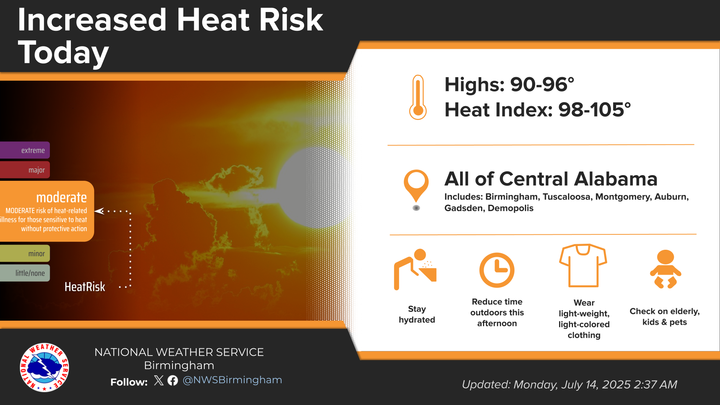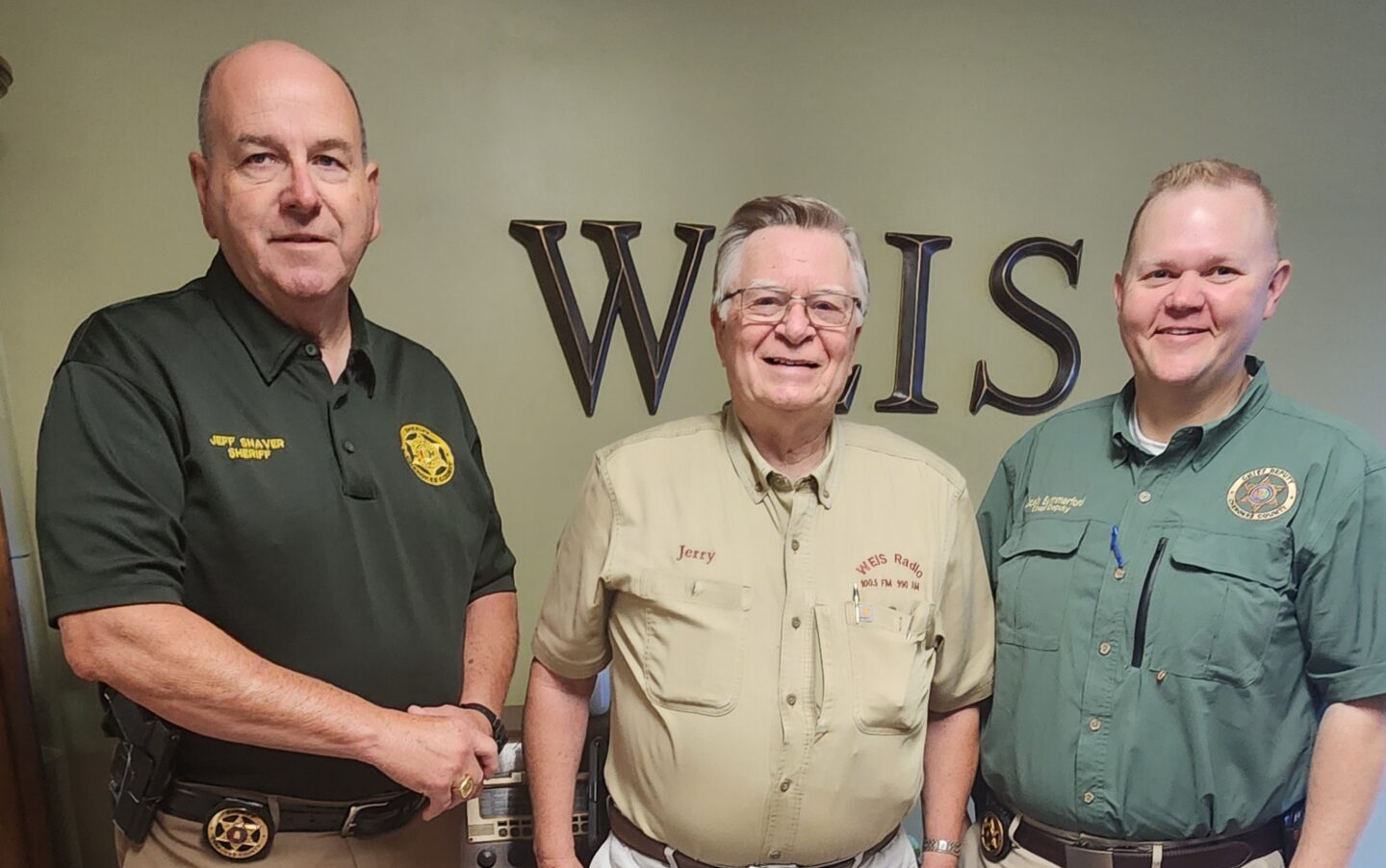Nobody likes extreme and prolonged heat, but such conditions can be very dangerous and potentially deadly for seniors.
According to the National Oceanic and Atmospheric Administration (NOAA), heat is the number one weather-related killer in the United States. On average, excessive heat claims more lives each year than tornadoes, hurricanes, floods and lightning combined
“The elderly are often the most vulnerable to severe heat,” said Barbara Chambers, local owner of Home Instead Senior Care® franchise office serving Etowah, St. Clair, and Calhoun Counties. “Their bodies do not adjust as well as young people to sudden changes in temperature, they are more likely to have a chronic medical condition that changes normal body responses to heat and they are often on a prescription medicine that impairs the body’s ability to regulate its temperature or that inhibits perspiration,” she continued.
Following are tips from the local Home Instead Senior Care office, to help seniors combat the heat:
• Keep a glass of water in every room to quickly and easily access fluids. Drink plenty of fluids, even if you don’t feel thirsty.
• Go through the closet and remove all heavy materials, long sleeves and dark colors. Instead look for short sleeves, lightweight rayon’s or cottons, and light-colored clothing that reflect the heat.
• Stay out of the sun during the hottest times of the day. Sunburn makes the job of heat dissipation that much more difficult.
• Save household chores, particularly washing and drying clothes and operating the dishwasher, for evenings when the weather is cooler.
• Relax indoors during high heat times – between 3 and 5 p.m. in the afternoon.
• Keep shades down and blinds pulled during the heat of the day.
• Keep the house tightly closed, so it is more energy efficient.
• Take cool showers or baths to cool down.
• Eat lots of fruits and vegetables. Foods with a lot of protein increase metabolic heat production which can, in turn, increase water loss.
• If increased use of a central air conditioning system causes higher utility bills that are a problem for your budget, consider purchasing a fan or small window unit that can cool down a home at a lower cost. However, do not rely on a fan as the primary cooling device during an extreme heat event.
• Seek medical care immediately if your senior shows symptoms of heat-related illness like muscle cramps, headaches, nausea or vomiting.




